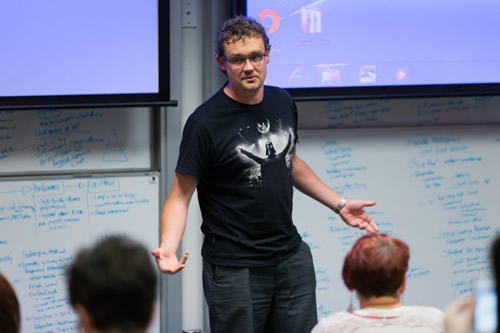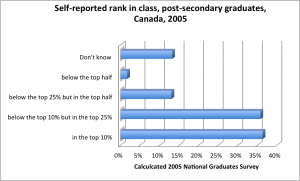A school-based randomised trial
From the Herald (taken from the Daily Mail)
Volunteering is good for the heart as well as the soul, researchers say.
In fact, the research didn’t examine either the soul or the heart, but they did look at weight, cholesterol, and biochemical measurements related to inflammation.
The study, published in the journal JAMA Pediatrics, tested 106 teenagers from Vancouver. Those involved in altruistic activities had lower levels of cholesterol and inflammation.
The paper is here, and even if you can only see the abstract, you can see the story missed an important issue. This was actually a randomised trial:
Intervention Weekly volunteering with elementary school–aged children for 2 months vs wait-list control group.
That is, the researchers took all the students from a high school in western Canada (presumably Vancouver, though it doesn’t say). These students are required to do some volunteer work as part of the standard curriculum, and they were randomised to do it in first or second semester.
The article doesn’t address the possibility that the volunteering might have involved an increase in exercise: even just at the level of standing up and moving around vs sitting in front of a screen. Also, as the researchers admit, this is a very small study, intended as a pilot for larger-scale research, and they may just have been lucky. It’s still interesting to see the reductions in cholesterol and biochemical markers of inflammation.



